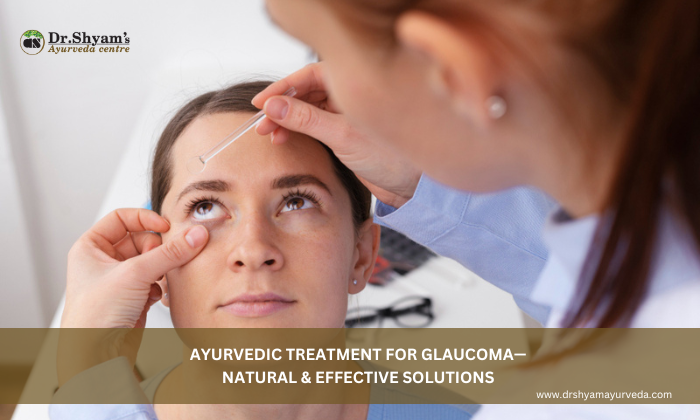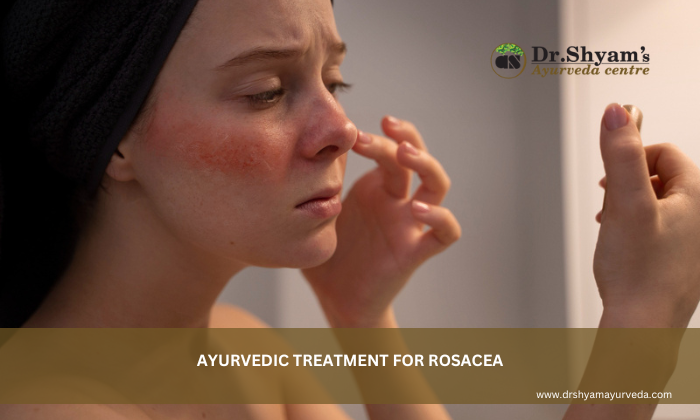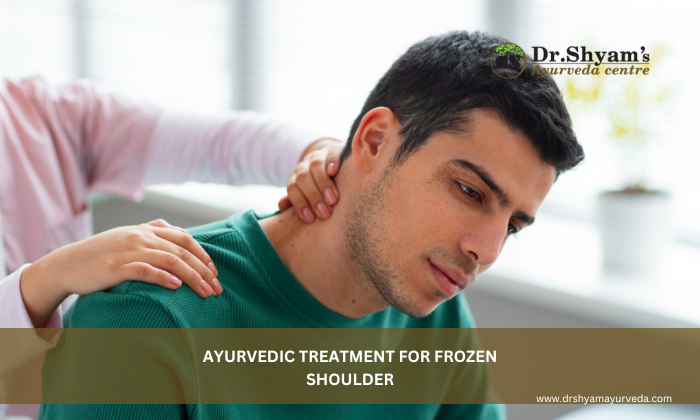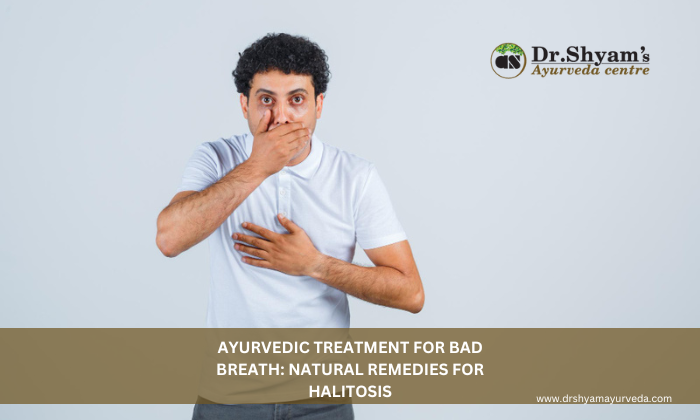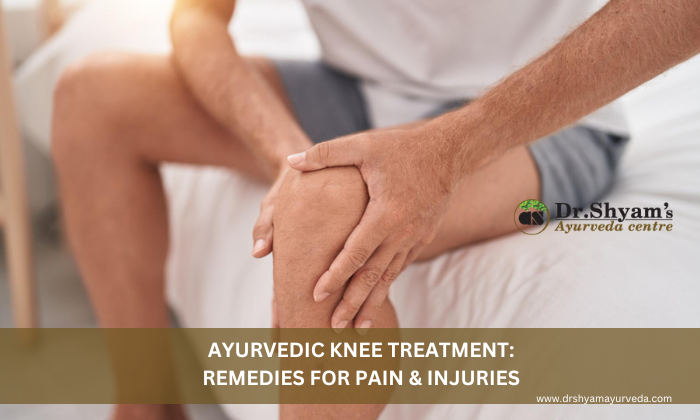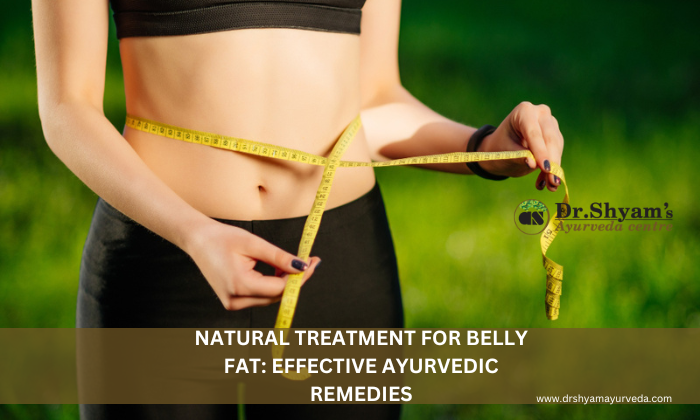Award-winning Ayurvedic practitioner Dr VL Shyam suggests ways in which you can keep your cool during the many months of searing heat
Ayurvedic therapies like Thala pothichil, Navarakkizhi, Takradhara, Abhyangam are beneficial during the summer
Humans are an integral part of nature, so changes in nature — the macrocosm — reflect in humans — the microcosm — and vice versa. Good health can be maintained by understanding and respecting nature and the impact climatic changes could have on the body.
According to Ayurveda, changes occur in all living beings based on six seasons – dewy, spring, summer, rainy, autumn and winter.
Of all the seasons, the most weakening is summer and during this period, the sun is said to drain energy from living beings.
According to Ayurveda, during this season, the energy factor, kapha, decreases while vata increases. The former affects the lubrication of joints, vigour and virility, and strength, among others, while the latter causes emaciation, sleep disturbances, lack of energy and strength, pain in the bones and joints, loss of appetite and flatulence, and a heightened state of emotions such as grief and sorrow.
Characteristics of summer
- The sun’s direct rays and the hot winds will not only dry the land but also affect the human body.
- There will be predominance of the fire element and its qualities.
- Water content in living creatures reduces.
- The dryness of the climate leads to the increase of the Vata dosha.
- Pungent (spicy) becomes the prominent taste in summers. So spicy dishes should be the least used during this season.
Common health problems associated with summer
Health issues during high environmental temperatures could include dizziness, fatigue, heat stroke, heat exhaustion, heat cramps and heat syncope – temporary loss of consciousness caused by a fall in blood pressure. Elderly people and children are most at risk of these conditions.
Children absorb more heat on a hot day and lose heat more rapidly on a cold day. Also, children have considerable lower sweating capacity than adults, so are less able to reduce body heat by evaporative sweating.
Another important factor to keep in mind is that children are less likely to feel thirsty during prolonged play and exercise, and sometimes do not interrupt their game time to drink fluids.
Most healthy individuals will naturally drink water when they get thirsty. But for many elderly people, the thirst mechanism is not finely tuned. Those who have suffered a stroke or have Alzheimer’s or a brain condition could have their thirst mechanism compromised, resulting in them not consuming enough fluids at the right time or the required quantity. Elderly people also face another major issue: their body thermostat may not be functioning to peak capability, resulting in the system not being able to regulate temperature.
Summer is also the time when we should be more aware about the harsh effects of the sun’s rays on the skin. Look for moles that change colour or whose borders change, or for rough, raised areas of skin that do not heal even after applying moisturisers and first aid creams. If you notice any change in the mole’s size, shape or surface, inform your dermatologist at the earliest.
Those who are fair skinned or who have a family history of skin cancers should take extra care and protect themselves from the harsh effects of the sun.
Certain medications taken by elderly people for high blood pressure and cardiac conditions are known to flush out essential salts from the system. Coupled with perspiring due to high temperatures, such medications that can act as diuretics can lead to dehydration.
Those who have had previous incidents of heatstroke and those who indulge in strenuous physical activity should take extra care. Use of medications such as antipsychotics or tranquilisers that interfere with the body’s heat regulations.
Dr Shyams Ayurveda, Dhcc provides authentic Ayurveda preventve treatment protocol to keep you healthy and fit,Specialised therapies for weight loss and skin diseases, Relive your life the ayurvedic way.
Branches
JUMEIRA-+971434443354
DHCC-+97144431467
KARAMA-+97143426434
AL NAHDA-+97142207003
RAK-+971559835111
AJMAN-+971167441423,+971506766269
HELPLINE-0561151269,0561144248


